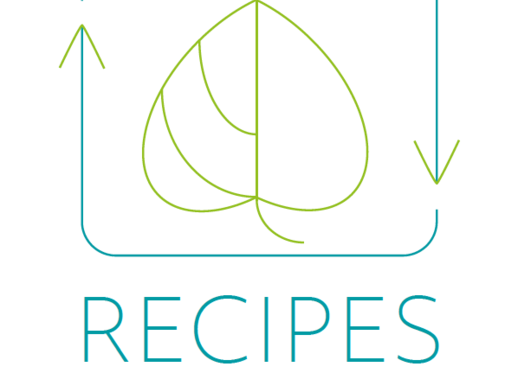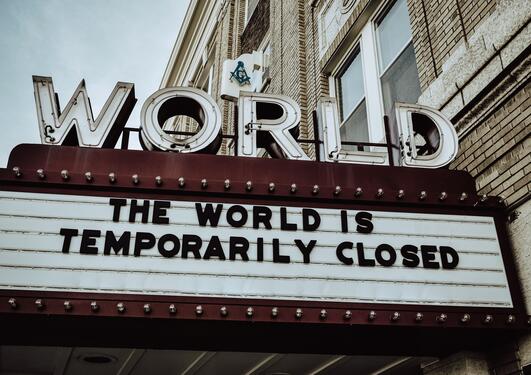How can we make good decisions when experts lack the answers?
"Covid-19 has shown that we need a new debate about decision-making in crises when the scientific answers are not yet available."

Main content
"Numbers and calculations are insufficient when it comes to handling the worldwide crisis that the pandemic has triggered," says Professor Jeroen van der Sluijs.
Together with his colleagues Bruna De Marchi, Andrea Saltelli and Silvio Funtowicz, Jeroen van der Sluijs recently published the essay Post-Normal Pandemics: Why Covid-19 requires a new approach to science in the journal Discover Society. In the essay, they call for a new debate about how we use science as a basis for decision-making when experts lack the answers.
Divergent and deficient knowledge
"The situation has triggered a worldwide crisis, and the need to find answers in science has never been more urgent. At the same time, we see that the knowledge we have available is divergent and deficient. This shows that it is time for a new approach to how we use science as a basis for decision-making. We must also include knowledge that cannot necessarily be measured in numbers," says van der Sluijs.
In the EU-financed project RECIPES, one of van der Sluijs’ research objectives is to find out how the precautionary principle can be applied so that innovation doesn’t negatively affect health and safety for both people and the environment. In light of the Covid-19 pandemic, he and his colleagues have applied for an extension of the research project to include studies of how the precautionary principle can lead to innovative solutions to an urgent, global threat to the public health.
How can we measure the repercussions?
"More specially, we want to study how Covid-19 vaccine testing could put pressure on ethical and societal norms when clinical trials must be completed under pressure in a short amount of time. We also want to look at questions related to rights, financing, the sharing of knowledge and laws and regulations," explains van der Sluijs.
Covid-19 is a crisis that affects all parts of society, which is why the model on which we base our decisions must also reflect more perspectives than it does today, according to van der Sluijs.
"The government works from a model based on what we know, think we know and hope that we know. At the same time, we have seen that the crisis leads to large repercussions that cannot be measured in numbers, and thus are not included in the risk assessment. This is a challenge when we are trying to learn the effects of different measures, and it will also make things harder when we open our society again," says van der Sluijs.
A new approach to worldwide crises
He hopes that the research in RECIPES can lead to new ways of implementing the precautionary principle, and that it will make it possible to tailor solutions that balance risk and innovation in a productive way.
"To make this happen, we need to include many different factors; like individual differences between countries and cultures, and at the same time understand how different fields of science can be connected in new ways. The goal is to learn more about how we can manage future worldwide crises, like pandemics and global climate challenges."


